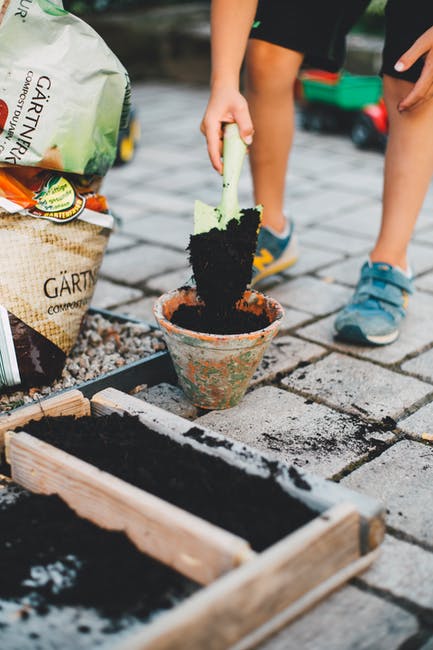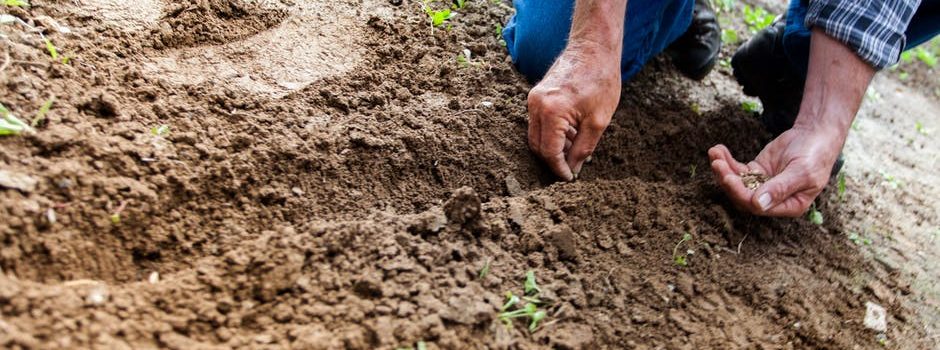
An organic garden requires a bit more work, but once you get the hang of it your garden will be awesome and so healthy. Good organic gardening techniques just take some learning and a little change from what you might be used to. You’ll be cultivating healthier and better tasting veggies from your organic garden once you get the hang of it. Utilize these tips to create a garden full of healthy organic plants.
Try to put an aspirin in the water to get rid of plant diseases. Crush and dissolve one and one-half 325mg tablets in two full gallons of plain water. Then spray your plants with this mixture to stave off diseases. Try spraying your plants with this around every three weeks.
You can even grow organic indoors, but remember indoor plants may need additional light sources to make up for the light they miss out on by being indoors. This needs to be considered. If you live somewhere without strong natural sunlight, you might want to look into growing plants that thrive in lower-light environments. If the type of plant does not help, you can always use grow lights to help.
Flower Beds
Cover your flower beds with two or three inches of compost or organic mulch. Covering the beds with mulch serves multiple purposes; it helps the flowers by retaining moisture and adding nutrients, and it discourages the growth of unwanted plants. I think it looks better too.
Plastic bags can be kept on hand and reused to slip over your dirty gardening shoes. This allows you to keep going, getting back to your garden quickly.
For some plants, pine needles makes an ideal mulch. Some plants like acidic soil because they have high acidity. If you have these plants in your garden, keep them healthy by using pine needles as mulch. Cover the surface of the ground with a two-inch layer of the pine needles; as the needles break down, they will release acid into the soil and nourish your plants.
Coffee Grounds
Put coffee grounds in your soil. Plants can use the nitrogenous nutrients found in coffee grounds. Nitrogen, along with phosphorous and potassium, is an important nutrient in the garden. It contributes to healthy and strong growth of the plant, but don’t overuse it.
Space is important to remember when planting an organic garden. When the garden is bare, it is sometimes hard to envision how much space a mature plant actually needs. Air circulation and room to grow is important for any plant. Plan your organic garden while keeping this in mind, and space your seeds accordingly, when planting.
Regularity is the key to keeping your organic garden in order, don’t let your list of chores pile up. No matter what your schedule is like, you should be able to fit in small things that will help you avoid having an overwhelming amount of work all at once. For instance, pluck weeds while you take your dog outside or before getting in your car.
Want to kill weeds naturally? Put down old newspapers in several layers for controlling weeds. Weeds can only grow in sunlight. By covering them with a layer of newspaper, you are essentially suffocating the weeds due to a lack of light. It’s easy for newspapers to break down over an extended period of time, making them great for compost. You can cover the newspapers with mulch to make them look more attractive if you like!
When maintaining your organic garden, try lightly petting your seedlings — either with the palm of your hand or something like a sheet of cardboard — once or twice each day. This probably sounds like an odd recommendation, but research has shown that this technique encourages more plant growth, than no petting at all.
Having an organic garden means that you can enjoy fresh, healthy fruits and vegetables whenever you want. A successful garden takes plenty of work and patience, but it’s all worth it when you get to taste your delicious results.
